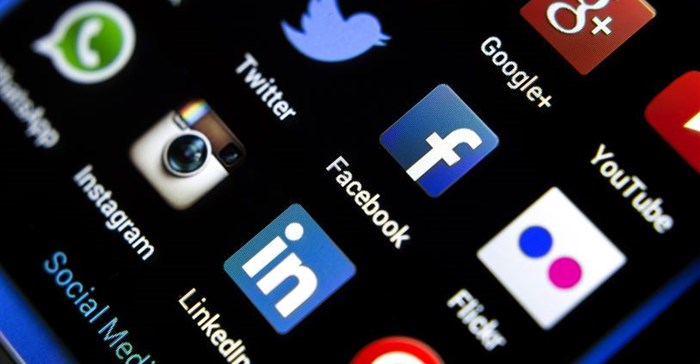Uganda is in the news today across the globe for what is being called a "social media tax" on social media users in the East African country, which has in the past imposed draconian laws that curb press freedom and freedom of speech.
In essence, Uganda’s parliament has passed a bill levying a “social media tax” on anyone who uses social networking and messaging apps and platforms like WhatsApp, Facebook and Twitter. The tax comprises a daily fee of about 200 shillings (5 US cents or R0.66), according to Engadget. The new law is due to go into effect on July 1, 2018, but it has not yet been made clear how the often-repressive Ugandan government will monitor its citizens or actually collect the tax.
Engadget terms it a “strange way to regulate the use of social media” within a country: “It's possible there may also be a political angle here, as President Yoweri Musaveni suspended access to social media apps and platforms in the run-up to the country's 2016 presidential elections.”
South Africa’s Times Live reports that opponents of the law say it is aimed at curbing criticism of President Museveni (73), who has been in power since 1986 – long before the advent of the internet and social media… Opposition critics have in the past been charged for allegedly insulting him in Facebook posts.
Previously, a junior finance minister said the tax would be levied daily by mobile phone operators on each SIM card used to access any of the targeted social media platforms.
BBC reports that the Ugandan President pushed for the law: “He wrote a letter to Finance Minister Matia Kasaija insisting that the revenue collected by the social media tax would help the country ‘cope with consequences of olugambo’ [gossiping]".
According to Times Live, there was no immediate comment from mobile operators or social media platforms, but human rights advocates have condemned the move: “It (tax) is a new tool of stifling free expression and citizen organising that has been beyond the control of the state,” said Nicholas Opiyo, a Kampala-based lawyer who also heads a local rights organisation. It’s intended to curtail the ever increasing central role of social media in political organising, he said.
Social media have become an important political tool in Uganda for both the ruling party and the opposition, the BBC correspondent says. Access to platforms was shut during presidential elections in 2016. President Museveni insisted at the time that it was done to "stop spreading lies", according to BBC.















